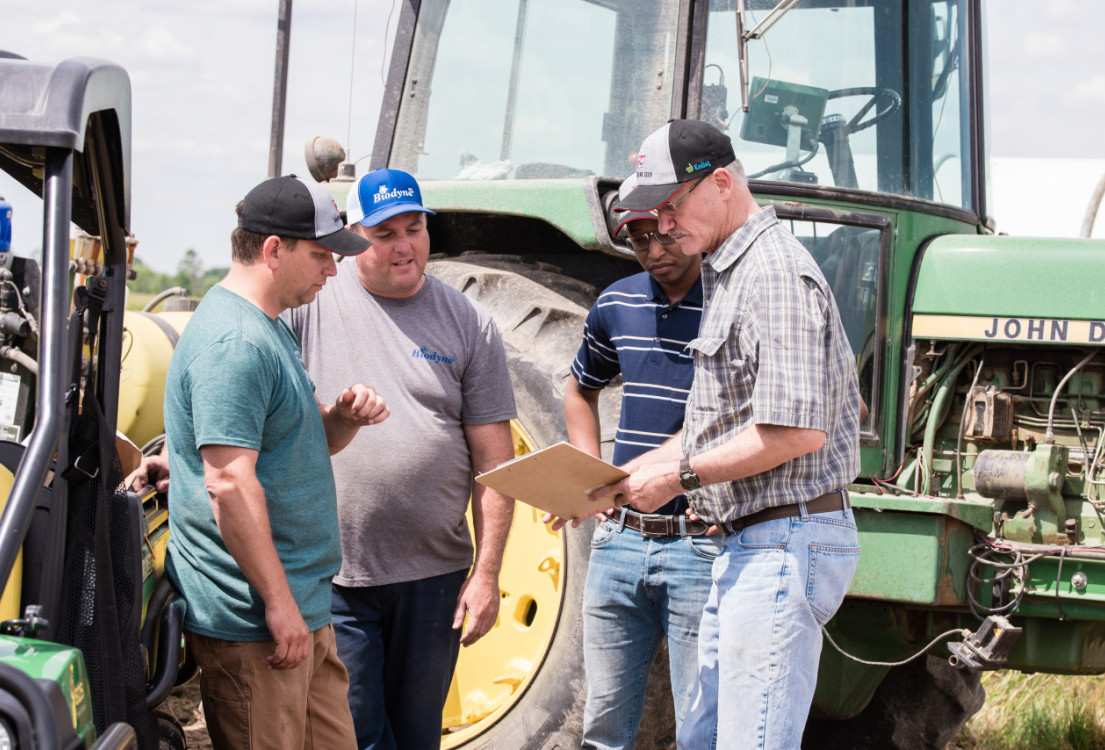An Ag Degree
Though the employment forecast doesn’t always seem all that great, did you know that there is actually a demand for employees with a bachelor’s degree? According to the U.S. Bureau of Labor Statistics1, the unemployment rate for those 25 or older who held at least a four-year degree was 3.5% in 2021. For those with only some college, the rate was 5.5%. And for those with no college, it was 6.2%. The difference between these three unemployment rates indicates that having at least a four-year degree under your belt makes you more employable.
What about the income earning potential? Since a four-year college degree costs more, is the return on investment worth it? The same 2021 Bureau of Labor Statistics report revealed that the median income for those with at least a bachelor’s degree was $1,334 per week. For those with less than a bachelor’s degree, the median income was $963 or less per week. That’s a difference of $371 in income per week! Multiplied by 52 weeks, that difference amounts to an additional $19,292 per year for those with a bachelor’s degree.
So what does this mean for the world of agriculture? According to AgCareers.com, 45% of the U.S. job postings that listed an education requirement in 2021 required a bachelor’s degree at minimum. That means that roughly half of the available jobs in agriculture will require you to have at least a four-year degree. Overall, ag-related U.S. job postings on AgCareers.com increased 29% in 2021, resulting in 50,000 total postings in the United States alone.
The outlook for a career in agribusiness and agriculture is promising as the industry works to feed 9 billion people worldwide by the year 2050. The job market for those with a four-year college agriculture degree is positive, and the return on investment is proving to be worthwhile.
Learn more about the possibilities and opportunities that come from earning a four-year degree in agriculture from Huntington University at huntington.edu/Ag.
[1]Employment Projections, U.S. Bureau of Labor Statistics, 2021
22021 U.S. Agribusiness Job Outlook Report, AgCareers.com, 2022

